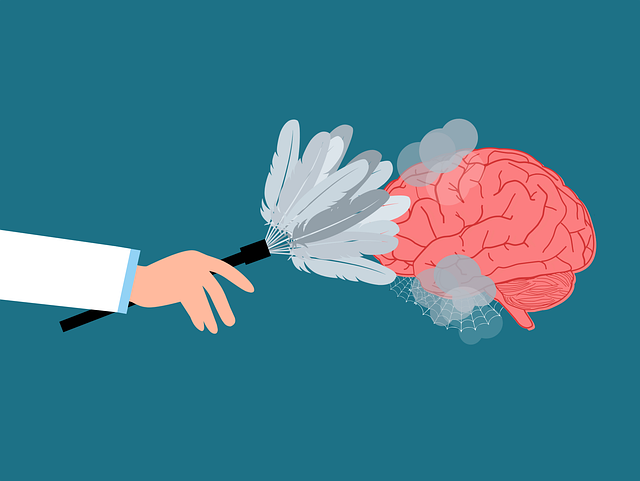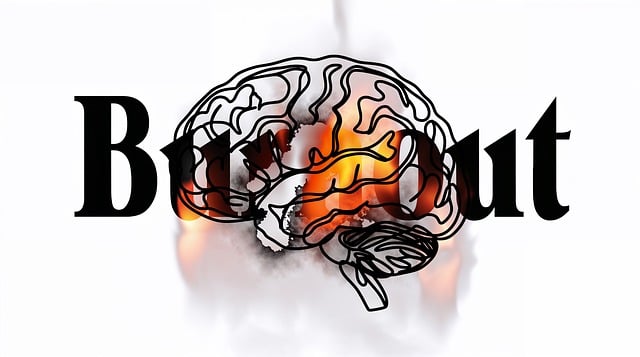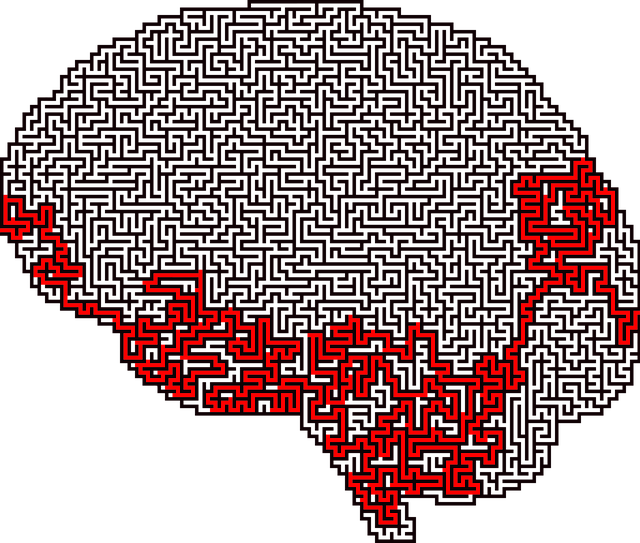Chronic stress, stemming from conditions like OCD, negatively impacts mental and physical health, prompting the need for management strategies. Cognitive Behavioral Therapy (CBT) effectively challenges negative thought patterns, reduces stress, and treats OCD by modifying distressing behaviors. Mindfulness practices promote emotional well-being, reduce stress, and enhance resilience through present-moment focus. Sustainable lifestyle changes, including exercise, nutrition, and sleep, along with creative outlets and professional support like Castle Rock Obsessive Compulsive Disorder Therapy (ROCD), are vital for long-term stress management and improved life quality. Community outreach programs raise awareness and foster a supportive environment for mental health education and empowerment.
Stress reduction methods are essential for maintaining mental and physical health. In this comprehensive guide, we explore effective strategies to combat stress, including Cognitive Behavioral Therapy (CBT) techniques, mindfulness practices, and lifestyle changes. Understanding the impact of stress on both mind and body, especially in relation to Castle Rock Obsessive Compulsive Disorder (OCD) therapy, is key to implementing long-lasting management solutions. Discover how these approaches can transform your life for the better.
- Understanding Stress and Its Impact
- Cognitive Behavioral Therapy (CBT) Techniques for Stress Reduction
- Mindfulness Practices for a Calmer Mind
- Lifestyle Changes for Long-Lasting Stress Management
Understanding Stress and Its Impact

Stress is a natural response to demanding situations, but when it becomes chronic, it can significantly impact our overall well-being. It affects both our mental and physical health, leading to various issues such as anxiety, depression, insomnia, and even cardiovascular problems. Recognizing the signs of stress and understanding its triggers are essential steps towards managing it effectively. Chronic stress often stems from underlying conditions like Obsessive Compulsive Disorder (OCD), which requires specialized Castle Rock OCD therapy for successful management.
Community outreach programs and mental health education play a pivotal role in raising awareness about stress reduction techniques. Designing comprehensive programs that educate individuals on recognizing the early signs of stress can be beneficial in preventing its progression into more severe conditions like depression. By promoting healthy coping strategies, these initiatives foster a resilient mindset, empowering people to navigate challenging situations with improved mental fortitude.
Cognitive Behavioral Therapy (CBT) Techniques for Stress Reduction

Cognitive Behavioral Therapy (CBT) is a powerful tool for managing and reducing stress. This therapeutic approach helps individuals identify and change negative thought patterns and behaviors, which in turn can significantly lower stress levels. By challenging unhelpful thoughts and replacing them with more realistic and positive ones, CBT empowers people to cope better with stressful situations. For instance, it has been shown to be effective in treating Castle Rock Obsessive Compulsive Disorder (OCD), where the therapy aids in modifying distressing behaviors and thoughts associated with anxiety.
The process involves learning specific techniques to manage emotions and enhance emotional healing processes. CBT encourages individuals to adopt healthy coping strategies, such as deep breathing exercises and mindfulness practices, which can help de-escalate stressful situations. Moreover, it promotes self-awareness and fosters confidence boosting, enabling people to navigate challenging circumstances with greater resilience. Healthcare provider cultural competency training also plays a role in CBT, ensuring that the therapy is tailored to meet the unique needs of diverse individuals.
Mindfulness Practices for a Calmer Mind

Mindfulness practices have emerged as powerful tools for promoting emotional well-being and reducing stress. By focusing on the present moment, individuals can cultivate a sense of calm and clarity, which is especially beneficial for those managing conditions like Castle Rock Obsessive Compulsive Disorder (OCD). Through techniques such as meditation, deep breathing exercises, and mindful walking, one can learn to observe thoughts and emotions without judgment, fostering a greater sense of control and resilience.
These practices not only help in burnout prevention strategies for healthcare providers but also enhance their cultural competency training. By integrating mindfulness into their routines, healthcare professionals can better support patients’ mental health needs, improving patient care and overall outcomes. This holistic approach to emotional well-being promotion techniques ensures a more balanced and sustainable lifestyle, reducing the impact of stressors on both personal and professional fronts.
Lifestyle Changes for Long-Lasting Stress Management

Making sustainable lifestyle changes is a key aspect of long-lasting stress management. This involves adopting healthy habits that nurture both the mind and body, such as regular exercise, balanced nutrition, and adequate sleep. Engaging in activities that foster inner strength development, like mindfulness practices or creative outlets, can also be immensely beneficial. Additionally, seeking professional support through Castle Rock Obsessive Compulsive Disorder Therapy (ROCD) or similar programs dedicated to emotional well-being promotion techniques, can equip individuals with effective coping strategies.
Community outreach program implementation plays a vital role in fostering an environment that supports mental health. By connecting with like-minded individuals and engaging in group activities, people can build a sense of belonging and learn valuable skills for managing stress. These initiatives not only promote emotional well-being but also enhance overall quality of life, ensuring individuals have the tools to navigate life’s challenges with resilience and equilibrium.
Stress reduction is a holistic journey that involves understanding and managing one’s mental health. By incorporating techniques like Cognitive Behavioral Therapy (CBT), mindfulness practices, and lifestyle changes, individuals can effectively navigate and reduce stress levels. These methods provide tools to confront challenges and promote overall well-being, ensuring a calmer and more balanced life. For those dealing with conditions such as Castle Rock Obsessive Compulsive Disorder (OCD), tailored therapy approaches can offer significant relief, emphasizing the importance of professional support in one’s stress management journey.














